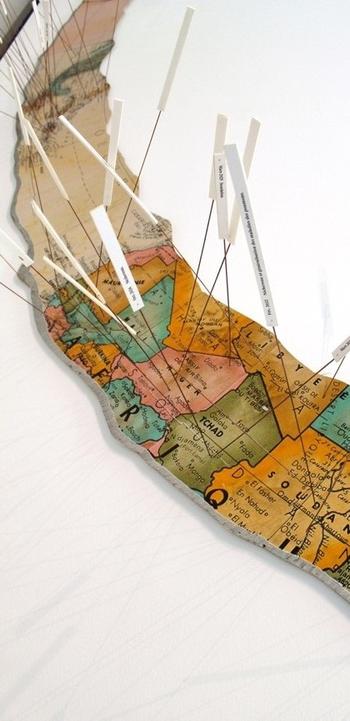Keynote 1: Epochal Events and Historical Narration by Zoltán Boldizsár Simon (University of Bieldefeld)
The talk introduces the notion of the “epochal event” as an emerging category of a new kind of historical thought and asks the question whether such events can be accommodated into historical narration. In introducing the notion, the talk has its point of departure in noting that epochal events emerge in the context of an entanglement of the human and natural worlds through advanced technologies. The paradigmatic examples of such events – the technological singularity, the transgression of planetary boundaries, and the ongoing human-induced extinction event of species – entail technology-fueled radical transformations that, at their most extreme, even point beyond conditions that we associate with being “human.” In that, epochal events trigger transitions not merely into new stages of human development, but into whole new realities, potentially other-than-human. Although this separates epochal events from any notions and categories of events in historical scholarship, by virtue of the fact that such events entail change over time, they have a historical character. But again, they are historical in ways very different from the ways in which professionalized historical studies have been making sense of the world as historical in the last two centuries or so. This, eventually, poses several profound questions to historical scholarship. How does the “historical” character of epochal events relate to the approaches and conventions of historical practice? What exactly are the differences between epochal and historical events? Just because epochal events emerge in more-than-human contexts, can they be discerned also in human history? Can they be narrated the same way that we used to narrate the momentous transformations of human history, or should we venture into developing more adequate – perhaps even non-narrative – forms of historical presentations? These are the questions that the talk aims to address, and, even if it will not necessarily answer, it will at least least problematize them.
Speaker:
Zoltán Boldizsár Simon is historian / historical theorist at Bielefeld University. He has been assistant professor at Leiden University and visiting fellow at the Max Planck Institute for the History of Science.
He works at the intersections of history of science, theory and philosophy of history, history of knowledge, history of ideas, Anthropocene research, and science and technology studies. He has written extensively on historical time and questions of temporality, and on the challenges posed by contemporary technoscience and the Anthropocene to the human condition and to modern historical thinking. His articles can be read in the journals History and Theory, European Journal of Social Theory, Anthropocene Review, History of the Human Sciences, Rethinking History, European Review of History, the Journal of the Philosophy of History, and the Journal of Social History.
Zoltán's first book History in Times of Unprecedented Change: A Theory for the 21st Century came out in 2019 with Bloomsbury. His second book The Epochal Event: Transformations in the Entangled Human, Technological, and Natural Words was published by Palgrave in 2020.
Zoltán is involved in a variety of collaborative projects. He has been editing a volume on the current shape of historical understanding together with Lars Deile: Historical Understanding: Past, Present, and Future has been published with Bloomsbury in 2022. With Kirill Postoutenko and Willibald Steinmetz, Zoltán has been putting together a special issue for Time & Society (30:4 | 2021) on "Temporal Comparisons." With Marek Tamm and Ewa Domańska, they have written a conversational piece for the Anthropocene special issue of Rethinking History (2021) on “anthropocenic historical knowledge.” Julia Adeney Thomas and Zoltán have written a joint article for the Focus Section “Rethinking History of Science in the Anthropocene” for the June 2022 issue of the journal Isis with the title "Earth System Science, Anthropocene Historiography, and Three Forms of Human Agency."
Finally, Zoltán is engaged in a large scale and long term agenda-setting collaboration with Marek Tamm since 2017, which involves co-authored articles, co-editing a theme issue for the Journal of the Philosophy of History (14:3 | 2020) on "Historical Thinking and the Human" and a collective research programme / publishing experiment in cooperation with the journal History and Theory under the title "Historical Futures." Teaming up with History and Theory, the project features contributions in an experimental serial publishing format on a rolling basis in each issue of History and Theory over the course of the next couple of years, starting with the March 2021 issue. Zoltán and Marek are currently working on a short joint book on historical time for the Cambridge University Press series Cambridge Elements in Historical Theory and Practice, scheduled to appear in 2023.

